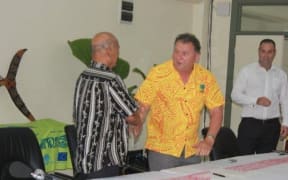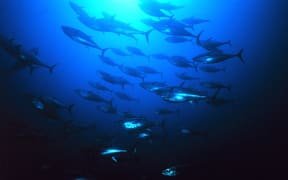Hawke's Bay recreational fishers have recorded a steep decline in the amount of fish they are catching from the ocean over the past eight years and are blaming commercial overfishing.
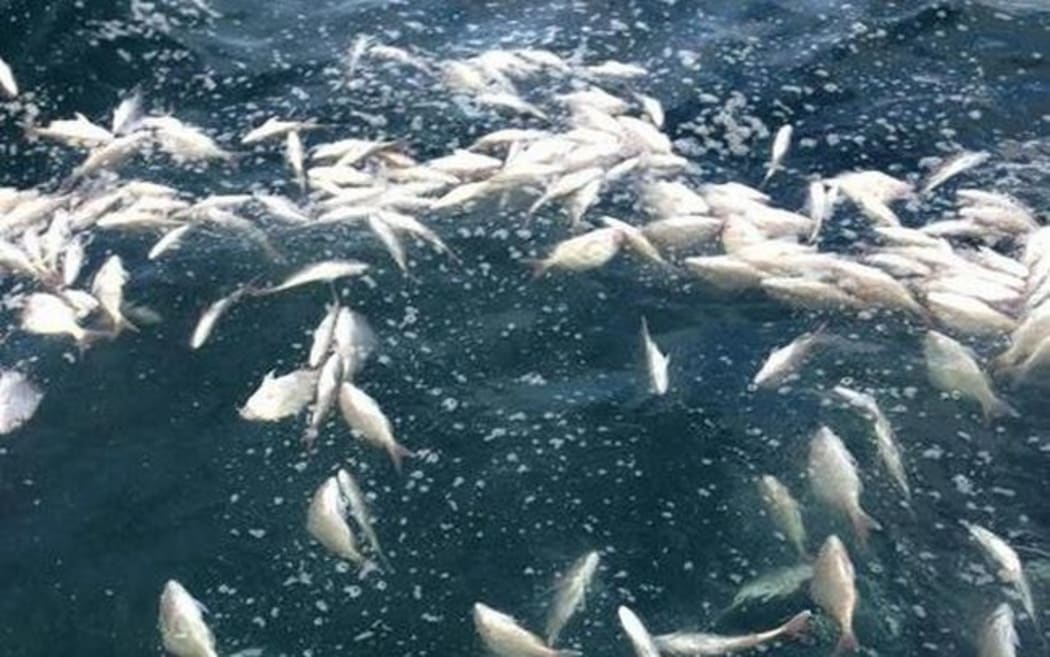
These dead snapper in Hawke Bay are under 25cm but have been legally dumped from a fishing trawler. Photo: SUPPLIED
A spokesperson for recreational fishing group Legasea Hawke's Bay, Brian Firman, said a ramp survey of thousands of boaties over the past eight years had shown a 45 percent decline in the number of snapper caught and a 77 percent decline in groper catches.
Mr Firman said over the same period Pania Surfcasting Club members reported a 70 percent decline in snapper catch and a 96 percent decline in gurnard from the shoreline.
"It has to be overfishing. We believe there's too much commercial pressure in the bay. Hawke Bay is a very flat and easily trawled area and over the years there has been too many fish coming out.
"There's also a lot of dumping and a lot of wastage with juvenile fish getting caught in the nets. A lot is not being reported and a blind eye is being turned to that and it needs to stop," he said.
Anger at stock levels
Hawke's Bay Sports Fishing Club spokesperson Wayne Bicknell has been fishing in Hawke Bay for decades and said he had noticed a serious decline over the past 15 years.
"We're catching nowhere near our daily bag limit. And in fact at the moment I think we are down to 0.9 of a gurnard per day, per angler. In the early days we'd catch maybe a dozen each without too much problem at all. And I believe that is down to overfishing and poor fishing practices."
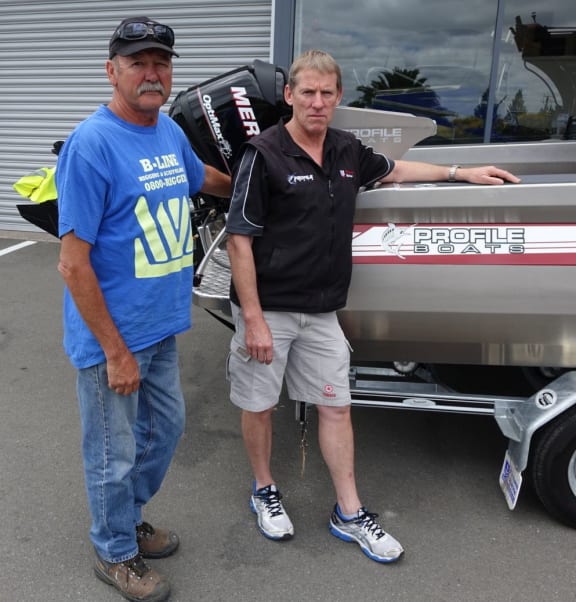
Wayne Bicknell (L) and Brian Firman. Photo: RNZ / Peter Fowler
Mr Bicknell puts the decline down to mismanagement, with the Ministry for Primary Industries relying on commercial fishing companies to say how much is being caught and how much is out there.
"They have to fill out a catch landing report and that's what they base their science on. If they are inaccurate, their science is inaccurate.
"They should be doing independent surveys. They should be monitoring the fish stocks better. They should be checking the discards better. In my view they are failing the community," he said.
Mr Bicknell said there was a lot of anger and mistrust amongst anglers about the depleting fishing stocks.
"There's a lot of people go out fishing and they spend a lot of money on a boat and they spend a lot of money on gear and fuel and they come home and they haven't even got a feed to feed their family with.
"People are getting very frustrated with it. It is quite hard for us to contain the anger and say to them we are trying to solve the problem without it getting out of control. We've got a lid on it at the moment but it's very hard to keep people's passions down," he said.
Environmental issue possible
Ministry for Primary Industries director of fisheries, Dave Turner, said it was too soon to tell whether commercial over-fishing was the cause of the decline in recreational catches.
Mr Turner told Morning Report that commercial fishers report the stock is not too bad.
However he accepted recreational fishers' assertion that catches are down and it may be a localised, environmental issue such as sedimentation, food supply or water temperature.
"The science we have for Fisheries Management Area 2 shows that the stocks are actually in good health but there may be, and there has been in the past, areas of localised depletion, and we need to understand what's causing that so we can take some action."
Napier MP Stuart Nash said commercial overfishing could be the only explanation for plummeting fish numbers in Hawke Bay and quota numbers needed to be lowered.
Mr Nash said getting in your boat at the weekend and catching a few fish with your mates was at the heart of what it meant to be a New Zealander.
"If you can't go out there and do this, then we are in really big trouble. We need to have a look at how we are managing our sustainable fishing stocks around the country, but certainly in Hawke Bay, and it needs to be done now," he said.
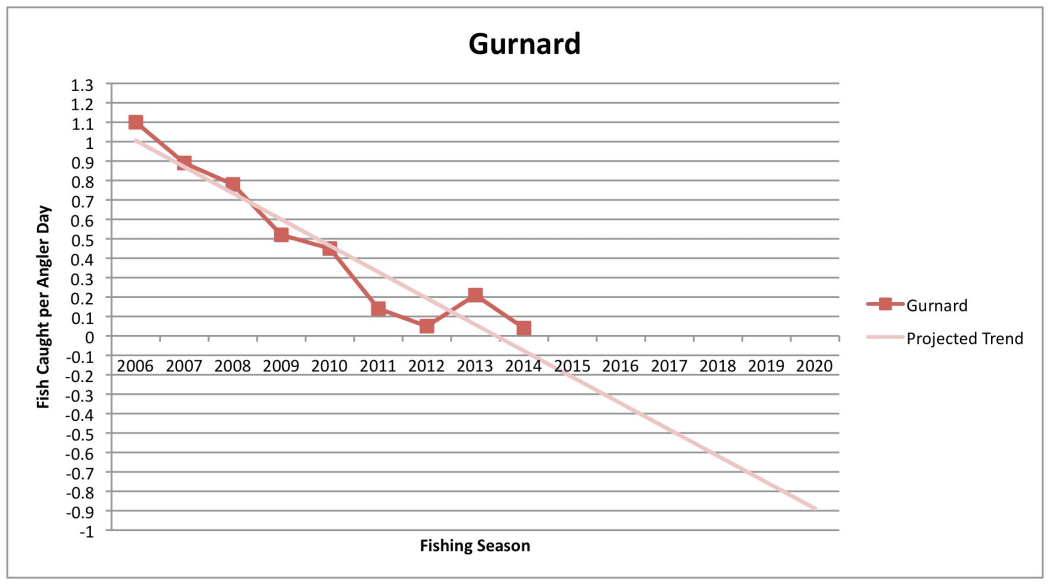
Pania Surfcasting Club members reported a 96 percent decline in their gurnard catch from 2006 - 2014. Photo: Legasea

